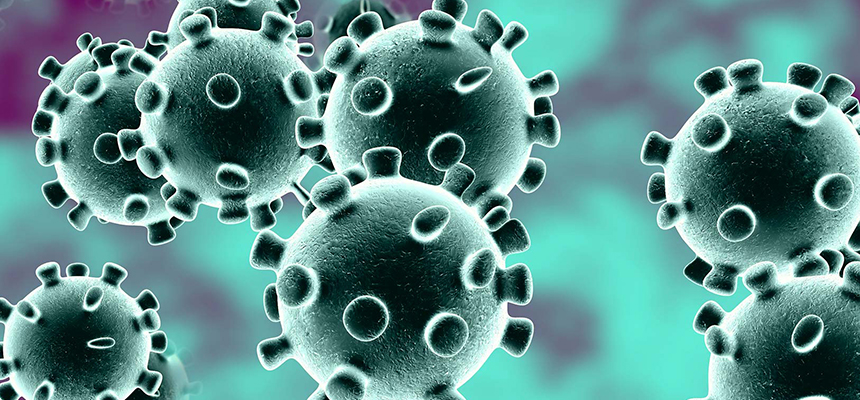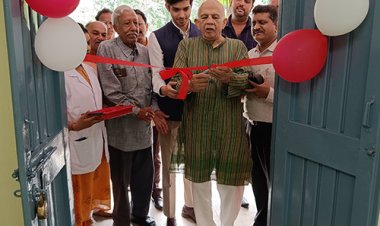Raising Awareness about Brain Tumor on World Brain Tumor's Day

On World Brain Tumor Day in 2024, we unite to bring attention to brain tumors and show support for those facing this condition. Celebrated annually on June 8th this day aims to highlight the effects of brain tumors and stress the need for research into developing treatments and therapies. While brain tumors are less common compared to types of cancer, they make up around 2% of all cancer cases in India with 30,000 new diagnoses reported each year by the Indian Council of Medical Research (ICMR). Impacting individuals of all age groups brain tumors pose a health challenge, for children and adults. Despite being a recognized illness there is still understanding about its complexities causing many to view it as a daunting obstacle.
This World Brain Tumor Day, we are privileged to hear from *Dr. P. Vishwak Sena Reddy, a Senior Consultant in Neurosurgery at Star Hospital*, who will share insights on the subject. Dr. Reddy's expertise will enhance our knowledge about brain tumors, their implications, and the ongoing endeavors to discover treatments. Together we can make an impact, on the lives of those fighting against brain tumors.
*Common Signs and Symptoms of Brain Tumor*
The most common symptom of brain tumor is a persistent headache. Patients may also experience vomiting, memory disturbances, behavioral changes, seizures, limb weakness, speech loss, balance issues, and unsteadiness while walking. Additionally, some may present with blindness, loss of smell, double vision, or facial numbness, depending on which nerves are affected by the tumor.
*Clinical Diagnosis of Brain Tumor*
Doctors begin with a clinical examination to assess symptoms. If there are significant findings, a basic CT scan is recommended. If the CT scan results are inconclusive, an MRI of the brain provides a more detailed investigation, sometimes with contrast to enhance visibility.
*Treatment Options for Brain Tumor*
Treatment depends on the tumor's location and characteristics. Some tumors are discovered incidentally, such as during a CT scan for a head injury, and may not require immediate surgery. Low-grade gliomas, which are less aggressive tumors, can often be managed conservatively with regular monitoring and symptomatic treatment. If the tumor grows or changes, surgery might become necessary. In other cases, treatment could involve a combination of surgery, chemotherapy, and radiation therapy.
*Latest Techniques for Surgery on Brain Tumors*
Craniotomy is the common approach, involving making a cut in the scalp and removing a piece of the skull to reach and extract the tumor. MRI Guided Laser Ablation is a procedure that uses lasers to target and eliminate tumors, offering reduced pain and quicker recovery times. Endoscopic Brain Tumor Surgery (Neuroendoscopy) is a technique that accesses tumors through small openings in the skull or via the nasal passages, leading to less pain and speedier recovery. The Tubular Retractor System involves making an incision and using tubular retractors to gently move brain tissue aside, allowing access to deep-seated tumors with reduced risks and faster healing. Intraoperative Imaging utilizes real-time MRI and CT scans during surgery to guide surgeons in navigating the surgical field and ensuring thorough removal of the tumor.

Dr. P. Vishwak Sena Reddy, a Senior Consultant in Neurosurgery at Star Hospital
*How Chemotherapy and Radiation Therapy Work*
Unlike tumors in other parts of the body that can often be entirely removed, brain tumors are challenging because every part of the brain has a crucial function. When complete removal isn't possible or in brain cancer, radiation and chemotherapy are used to prevent it from recurring. These treatments target the cancer cells to stop their growth and spread.
*Importance of Regular Check-ups and Screenings*
Regular check-ups are vital because symptoms like headaches can sometimes indicate a brain tumor. However, there's no general screening protocol for brain tumors like there is for breast cancer. Screening is typically recommended based on symptoms or family history of genetic tumors.
Lifestyle Changes to Lower Risk
Although no specific lifestyle changes can prevent brain tumour, maintaining a healthy lifestyle is generally beneficial for reducing the risk of many types of cancer.
Raising Awareness About Brain Tumor
To raise awareness, individuals can educate their community about the importance of recognizing persistent symptoms, such as frequent headaches, and seeking medical evaluation. It's crucial to emphasize that not all headaches indicate a tumor, but persistent ones warrant attention.
*Support for Families of Brain Tumor Patients*
For families going through the journey of brain tumor treatment, it's important to know that many brain tumors are treatable and curable, especially when detected early. Modern treatment techniques offer the potential for a long, disease-free life.

 Disclaimer: Welthi.com does not guarantee any specific results as a result of the procedures mentioned here, and the results may vary from person to person.
Disclaimer: Welthi.com does not guarantee any specific results as a result of the procedures mentioned here, and the results may vary from person to person.









